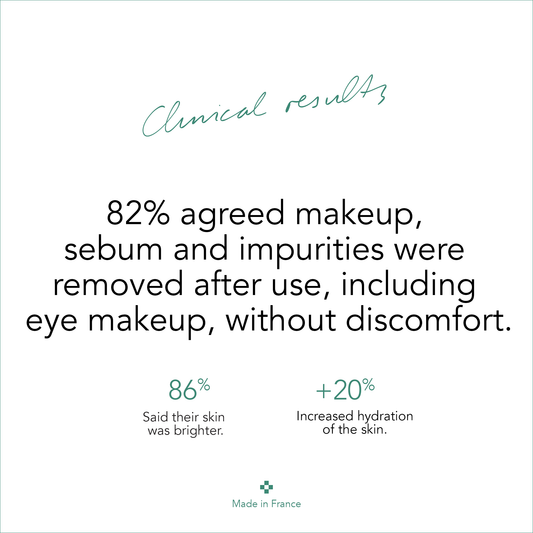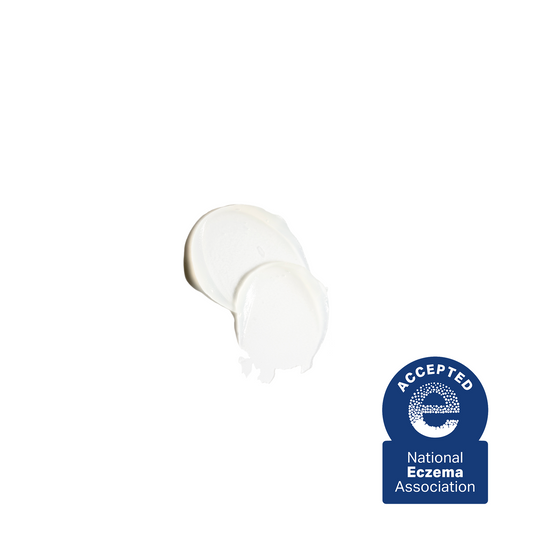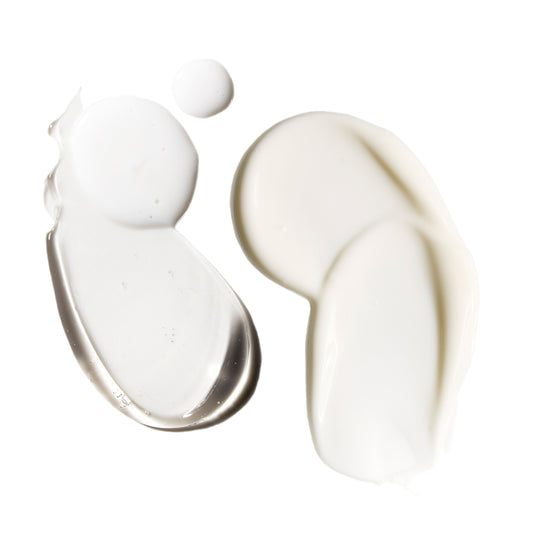While the joke “winter is coming” is arguably played out, it is a nice reminder that if you are experiencing an acne or rosacea flair up right now, it might be because winter is, indeed, coming.
Yep, we are looking down the barrel of that annoying time of year when you think you have your life figured out because your skin is finally glowing, only to face a humidity fluctuation that sends your skin spiraling.
Seasonal skin is not for the faint of heart, which is why we are here to explain why the changing of seasons affect skin so much and what (if anything) there is to do about it.
Why Skin Changes with the Seasons
We know each of the four seasons varies in temperature, but they also vary in humidity, which has a direct effect on your skin.
As winter approaches, the air becomes cooler and drier (less moisture in it). When winter is upon us, this intensifies to even colder air that is accentuated by brisk, chill, dry winds.
Your skin is trying to keep up with these weather changes and stay hydrated — but it can only do so much to battle the harsher conditions. (And when we escape indoors and turn up the heat or take a scalding hot shower, that only dries out our skin more.)
Your skin may become flaky on your face and body, and you might notice you’re more prone to inflammation. Areas that are frequently exposed, like your hands and lips, may get sore and begin to crack.
How to Combat Seasonal Skin
The key is to stay ahead of the game, to foresee changes in the weather and start to prep and aid the skin with a little extra moisture here and there — from an extra pump of La Crème to perhaps slugging your skin once a week with Le Baume before going to bed. The goal is to combat any side effects early on in the season, before they get to a really bad place.
Experts also suggesting shifting to a gentler facial cleanser during the winter to avoid any harsh or active chemicals that would further irritate or dry out your skin. Le Cleanser is formulated as a gentle gel to milk cleanser to only reinforce the skin barrier, not strip it in anyway.
If you are already experiencing dry skin, look for moisturizing products that contain emollients that create a physical barrier on the skin, in addition to hydration. Keeping skin well hydrated will also encourage your skin to produce the correct balance of lipids by protecting it from the environment.
We are also big fans of sleeping with humidifiers in our bedroom during winter nights, to add just a bit more moisture to the air, and thus our skin.














